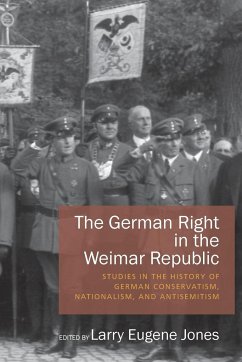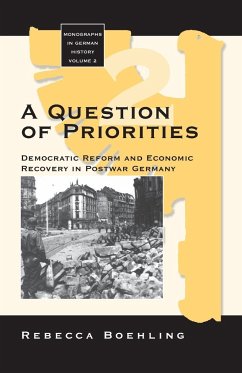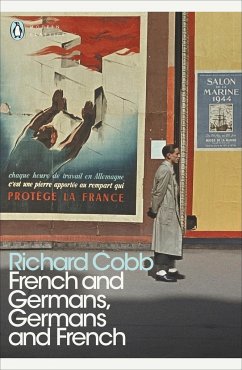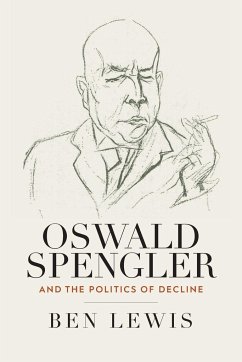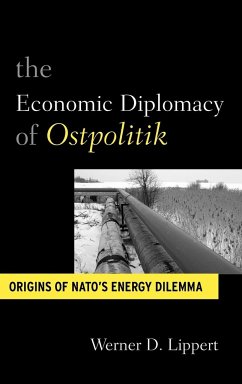
Different Germans, Many Germanies
New Transatlantic Perspectives
Herausgeber: Jarausch, Konrad H.; Goihl, Karin; Wenzel, Harald
Versandkostenfrei!
Versandfertig in 1-2 Wochen
38,99 €
inkl. MwSt.

PAYBACK Punkte
19 °P sammeln!
Complicating academic discourses and scholarly analyses of Germany Pluralizing popular perceptions of Germany Contributing new knowledge on postwar Germany Combining historical with political and cultural approaches to Germany



